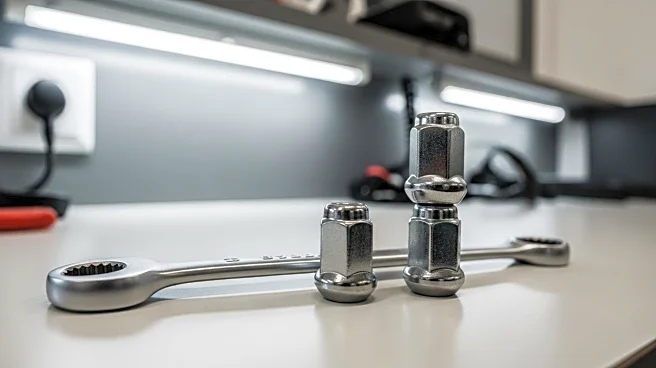What's Happening?
A woman named Christie Crosslin-Wi recently shared her experience on TikTok after visiting a Nissan dealership for an oil change and tire rotation. During her visit, she was shocked to receive a recommendation for a $400 lug nut replacement, which she declined. Crosslin-Wi expressed her frustration with the high cost, especially since she was already paying over $130 for the basic services. She speculated that the upcharge might be due to her being a woman, a concern supported by studies indicating women often receive higher automotive service quotes. Crosslin-Wi's story has sparked a broader discussion about dealership pricing practices and gender-based pricing disparities.
Why It's Important?
This incident highlights ongoing concerns about transparency and fairness in automotive service pricing, particularly regarding gender-based discrepancies. The story has resonated with many consumers who feel similarly overcharged or targeted by upselling tactics at dealerships. It underscores the need for greater consumer awareness and potentially regulatory oversight to ensure fair pricing practices. The broader implication is a call for dealerships to reassess their pricing strategies and improve customer trust, which could impact their reputation and customer retention.
What's Next?
As consumer awareness grows, dealerships may face increased pressure to justify their pricing structures and ensure they are not perceived as exploiting certain demographics. This could lead to more competitive pricing strategies or the adoption of standardized pricing to avoid accusations of discrimination. Additionally, consumer advocacy groups might push for more stringent regulations to protect consumers from unfair pricing practices.
Beyond the Headlines
The situation also raises ethical questions about the responsibility of service advisors to provide honest and fair recommendations. It highlights the potential for bias in service industries and the importance of training employees to avoid discriminatory practices. Long-term, this could lead to cultural shifts within the automotive service industry, promoting more equitable treatment of all customers.









